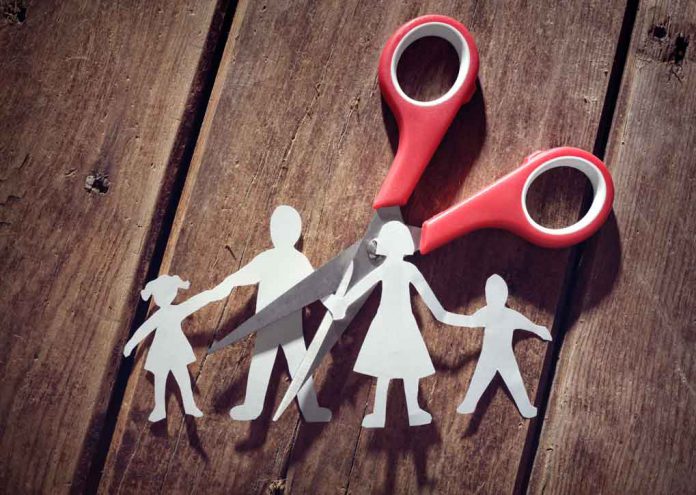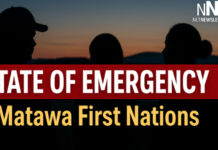Building Relationships Based on Trust
WINNIPEG – As of April 1, 2020, child welfare and public health systems in Manitoba will be ready to more effectively and proactively connect mothers with supports, and will no longer issue birth alerts for high-risk expectant mothers, Families Minister Heather Stefanson announced today.
“To build a relationship with an at-risk mother and connect her with the programs and supports she needs, first we need to build trust,” said Stefanson. “Birth alerts are having the opposite effect, discouraging moms and families from reaching out at a time when we most want to work with them. This decades-old practice will end in Manitoba, as part of our commitment to transform the child welfare system and connect families with community-based supports and services.”
Birth alerts notify hospitals and other Child and Family Services (CFS) agencies of the need for further assessment before a newborn is discharged to the care of a parent who has been assessed as ‘high risk’. The CFS Standards Manual provides direction on the practice of birth alerts. Birth alerts are issued by a CFS agency and distributed by the department.
Provincial child welfare standards will be updated to remove references to birth alerts and clearly state expectations for a stronger focus on building voluntary partnerships with parents to address their strengths and needs, which may include the creation of a safety plan, followed by referrals to the existing community, cultural and health-care services as needed.
The province has already been working with child welfare authorities, the health-care sector and other partners to lay the groundwork for moving away from birth alerts by April 1. This will help ensure systems are better integrated to provide comprehensive, wrap-around supports for mothers, children, and families.
“Our priority is to help keep families together and reduce the number of children in care,” said Stefanson. “We are shifting our focus toward better supports for expectant mothers including early interventions, reunification, and better planning.”
The minister noted the end of birth alerts will not affect the child welfare system’s ability to protect children who are at risk of neglect or abuse. All Manitobans, including health-care providers, continue to have a legislated duty to report if they think a child is at risk.
Manitoba’s decision to end birth alerts builds on the recommendations of the Child Welfare Legislative Review Committee. Indigenous leadership, including the Southern Chiefs Organization, Manitoba Keewatinowi Okimakanak and the Assembly of Manitoba Chiefs, have also called for an end to this practice.
The Manitoba government continues to develop programs to help connect families with the supports they need. This includes Wednesday’s launch of Granny’s House, which will provide temporary, culturally-safe respite care, as well as the Indigenous doula social impact bond led by the Southern First Nations Network of Care.






